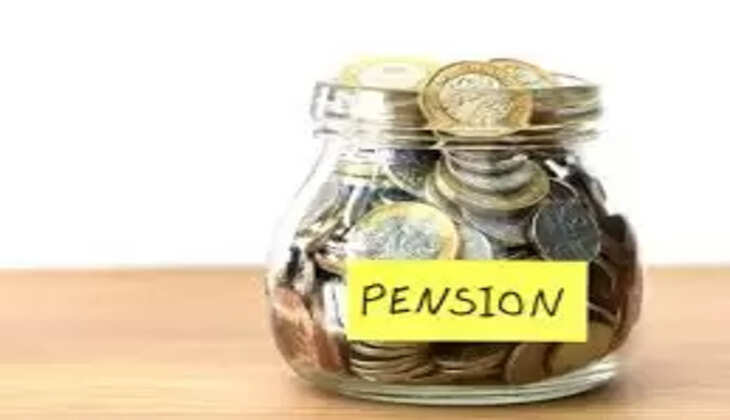What is the pension rule for private employees?

Recently, the central government announced the Unified Pension Scheme (UPS). Its purpose is to guarantee a fixed and minimum pension to government employees. In such a situation, the question arises whether there is such a scheme, through which employees working in the private sector also get the benefit of pension after retirement. The answer is yes. By investing in Provident Fund (PF), you get pension after retirement, but for this some conditions have to be fulfilled.
Here also the condition of 10 years of service
For pension in UPS, government employees will have to work for at least 10 years. The same condition is for private sector employees as well. If they want to take advantage of pension, then they will have to invest for at least a decade in the Employees Pension Scheme (EPS). Then you will start getting pension after the age of 58 years. Even if you have worked for nine and a half years, it will also be counted as 10 years according to the rules. But, if you work for less than this, you can withdraw money even before retirement, because you are not entitled to pension. The Employees' Pension Scheme is managed by the Employees' Provident Fund Organization (EPFO).
You do not have to do anything separately to invest in it. PF money is deducted from your salary every month. You and your company contribute equally to it. 12 percent of the employee's basic salary + DA goes into the PF account every month. The company also contributes the same amount. Out of this, the employee's entire share will go to EPF. But, the company contributes only 3.67 percent to EPF. The remaining 8.33 percent goes to the Employees' Pension Scheme (EPS) and from this you will get pension after retirement.
